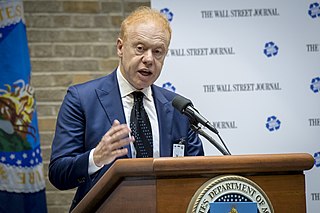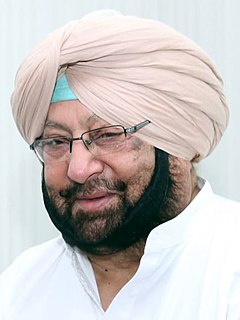A Quote by Raj Patel
India has the largest number of hungry people. Yet it's an outcome of precisely the same mechanism. It's the control of agriculture that drives down the price it paid for food that it buys from farmers, who are the poorest people. Then you're paying very little for food. You're underpaying the poorest people in any society. Then they're marketing to us the things that are most profitable to them. And those are the things that are packaged and processed and what-have-you. That means you have the simple thing of the explosion of obesity and hunger as a result of capitalism in our food system.
Quote Topics
Related Quotes
Forests ... are in fact the world's air-conditioning system-the very lungs of the planet-and help to store the largest body of freshwater on the planet ... essential to produce food for our planet's growing population. The rainforests of the world also provide the livelihoods of more than a billion of the poorest people on this Earth... In simple terms, the rainforests, which encircle the world, are our very life-support system-and we are on the verge of switching it off.
What we need to do is increase the totality of money that is given to the poorest areas and then we can do more on prevention but we have crucial needs at the moment just to get people out of poverty and to get the eight hundred million people that go to bed at night hungry, give them some food and some hope.
You get those hunger pains. 'I am so hungry. We don't have any food. What are we going to eat?' Your stomach hurts. Then you get so upset and mad, like, no food. You start having tantrums and don't want to do anything. You get mad at everybody because you don't have any food. That's what happens when you don't eat. You are so sluggish.
While I felt very much a Southerner as a child, being Jewish gave me an outsider's perspective. People look at region in a variety of ways, and I always paid attention to food. Food rises above other things for me. From a young age, I saw food as a barometer of cultural identity, and I was fascinated by how people defined themselves through their food traditions.
We need to realize that these industrial methods of farming have gotten us used to cheap food. The corollary of cheap food is low wages. What we need to do in an era when the price of food is going up is pay better wages. A living wage is an absolutely integral part of a modern food system, because you can't expect people to eat properly and eat in a sustainable way if you pay them nothing. In fact, it's cheap food that subsidized the exploitation of American workers for a very long time, and that's always been an aim of cheap food.
Now, everyone is excited about food - cooking, growing, learning - watching it on TV, buying books, trying things at home. It's the greatest time ever to be in food - which is why it's so hard to see so many people still relying on processed food. I am hoping that we had a generational blip - and that these young people will continue on and pass on their love of food and creativity to the next generation of kids.






























